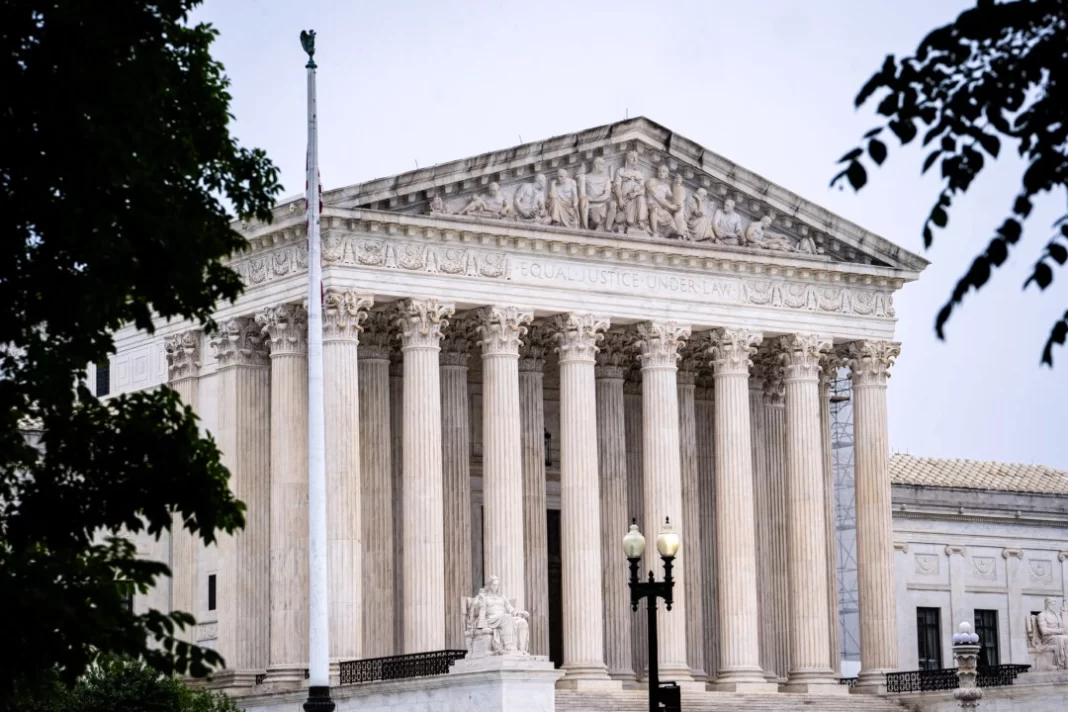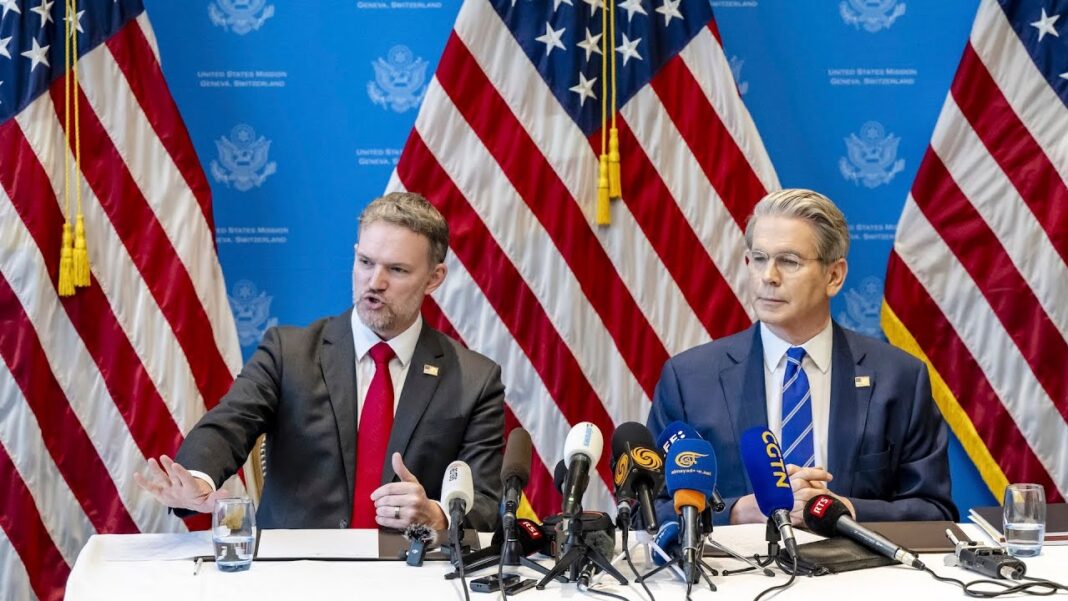The cases may depend on if the Supreme Court believes the employees exercise executive power.
Can Congress restrict the president’s ability to fire employees of the executive branch?
That’s the question courts are looking at as President Donald Trump faces legal blowback for his decision to fire agency heads and probationary employees upon starting his second term.
The stakes are high for Trump and future presidents who could face hurdles in removing individuals they view as opposing their agenda.
Although Trump has said he won’t try to remove Federal Reserve Chair Jerome Powell, he previously said Powell’s termination couldn’t come “fast enough” as the two publicly disagree over interest rate policy.
Whether and how Trump might remove Powell and other agency heads could be determined by a case involving two bureaucrats whose firings are being considered by the Supreme Court.
The two former agency heads—former National Labor Relations Board Chair Gwynne Wilcox and former Merit Systems Protection Board Chair Cathy Harris—alleged that Trump violated federal law by firing them without cause.
Their separate lawsuits were joined together into one case at the appeals stage, since they touch upon similar arguments and legal precedent.
Their case, like others, involves statutes in which Congress said they could only be fired for violations such as “inefficiency, neglect of duty, or malfeasance in office.”
Humphrey’s Executor
These cases are all presenting judges with an opportunity to revisit precedent in the 1935 Humphrey’s Executor v. United States lawsuit, which challenged President Franklin Delano Roosevelt’s decision to fire the commissioner of the Federal Trade Commission.
William E. Humphrey had been appointed to lead the commission by President Herbert Hoover in 1931.
The role was meant to last for seven years, but Humphrey was dismissed by Roosevelt—who was concerned they would clash on policy—in 1933.
Humphrey died shortly after being fired, and the executor of his estate sued to recover lost wages that were owed him from the improper dismissal.
When deciding if Humphrey’s dismissal was unconstitutional, the Supreme Court noted that the FTC was “created by Congress to carry into effect legislative policies … [and] to perform other specified duties as a legislative or as a judicial aid.”
By Sam Dorman and Stacy Robinson








